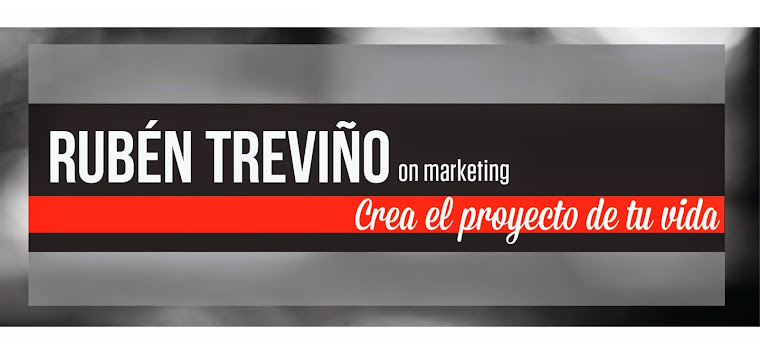Marketing conferences these days can seem like Brand-Abusers Anonymous meetings, with marketers confessing in 12-step-type mumbo jumbo how they, or more often their predecessors, strayed from the path of the brand's true purpose but ultimately found their way back.

Jim Stengel
Jim Stengel, former global marketing officer at Procter & Gamble Co.and perhaps the high priest of purpose-driven marketing, has teamed with WPP's Millward Brown Optimor to bring analytical rigor to the movement.
In his book, "Grow: How Ideals Power Growth and Profit at the World's Greatest Companies" Mr. Stengel makes the case that corporate "ideals," the word he has opted for over "purpose," are at the core of success.
Since Mr. Stengel left P&G three years ago, he and Millward Brown have spent much of their time identifying and analyzing the 50 fastest-growing brands from 2000 to 2010 in terms of value and consumer preference.
They even collaborated with Millward Brown's neuroscience unit to do implicit association testing to measure how quickly people associated words with brands. Their research, which initially involved thousands of companies, showed that people more quickly associated the Stengel 50 brands with their ideals -- or purpose -- than they did others.
The Stengel 50 also outperformed the Standard & Poors' 500 by 400% over the decade, exceeding their 2007 valuations as the general market failed to regain its prerecession highs.
The BrandZ valuation system used by Millward Brown relies heavily on financial measures, so that correlation isn't surprising. But the one between the Stengel 50 and consumers closely identifying them and their ideals is an eye-opener, said Benoit Garbe, VP of Millward Brown Optimor.
The work spurred Millward Brown to do a second pilot with an additional 250 businesses involving whether consumers identify a brand as ideal-driven, and then assessing the ideal's strength.
"One of the most important insights that came from this pilot is proof that associations with ideals have a strong relationship with consumer preference, consideration and choice," Mr. Garbe said.
The Stengel 50 includes only one P&G brand -- Pampers (maybe 1.5, given that Hugo Boss, for which P&G is a licensed distributor of fragrances, also made the list). It has many P&G rivals, including Unilever's Dove, Mars' Royal Canin, GlaxoSmithKline's Sensodyne, L'Occitane, Natura (the Brazilian personal-care brand, not the P&G pet-food brand), and green-cleaning brands Method and Seventh Generation.
Mr. Stengel's list includes tech and e-commerce powerhouses Apple, Google, IBM, Amazon and Zappos. But it also contains recent tech casualties BlackBerry and Hewlett-Packard, which benefited from the 2010 cutoff.
"Anytime you look at 50 businesses in the dynamic space they're playing in, they're going to have some wobbles," Mr. Stengel said of BlackBerry and HP. "If you look at this in three or five years, a large percentage of these brands will be healthy."
The only other media brand to appear on the list is Discovery Communications. According to Mr. Stengel, the company managed it by changing course from what Mr. Stengel dubs "tattoo TV," with such series as "American Chopper" last decade, to focus on its core family programming. Moves that upheld that ideal included helping to commission the "Planet Earth" series along with the BBC.
For those wondering about the brands and their ideals, see the adjoining list, provided by Mr. Stengel.
Johnnie Walker probably didn't know that he was starting a movement to "celebrate journeys of progress and success" when he sold his first bottle of scotch in 1857, Mr. Stengel said. "They created their own purpose [later] based on what they thought would be relevant for their consumers," he said.
The Stengel 50 features big spenders such as Coca-Cola (which "exists to inspire moments of happiness") but is heavy with brands that spend little on conventional advertising, including Method, Seventh Generation, Innocent and Chipotle.
Mr. Garbe at Millward Brown Optimor said that making the list "is less about selling something or pushing a message, and more about [brands'] inviting consumers into their world" by acting on a set of core beliefs.
For example, he said, Samsung's free charging stations in airports may send a stronger message about what the brand stands for than any advertising ever could.
Retrieved from AdAge on January 20, 2012 from: http://adage.com/article/news/defined-brand-s-ideal/232097/

